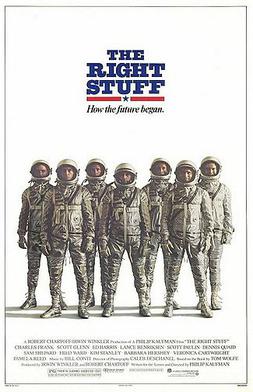 |
| Sam Shepard and Kim Basinger in Fool for Love |
Cast: Sam Shepard, Kim Basinger, Harry Dean Stanton, Randy Quaid. Screenplay: Sam Shepard, based on his play. Cinematography: Pierre Mignot. Production design: Stephen Altman. Film editing: Stephen P. Dunn, Luce Grunenwaldt. Music: George Burdt.
Even though Sam Shepard wrote the screenplay for Robert Altman's film version of his play Fool for Love, it remains an example of why things written for the stage so rarely work as well on screen. It lacks the immediacy of theater, where we're in the same room with the characters and, although we know they're actors, can more readily imagine them as real people. Altman's Fool for Love is a very well-acted character drama that loses something when it thrusts the characters into a real setting, a rundown motel in the desert, distracting us from the loopiness and individuality of people who live in their own world of self-justification. Altman does more than just give it a setting, he also dramatizes some of the key speeches in the play in flashback re-creations of the incidents the characters are describing. And he does it, puzzlingly, by not showing precisely what the character is saying. When Harry Dean Stanton's Old Man tells of how he and his wife tried to calm a hysterical child, we see a child who is not at all hysterical. And when Kim Basinger's May tells of her mother's search for her father, she speaks of being held tightly by her mother's hand, but what we see is May following several steps behind her mother. The rationale for the discrepancy, I suppose, is that nothing these characters say can be taken for the truth. But that only leaves us to wonder why we should care about them at all.




